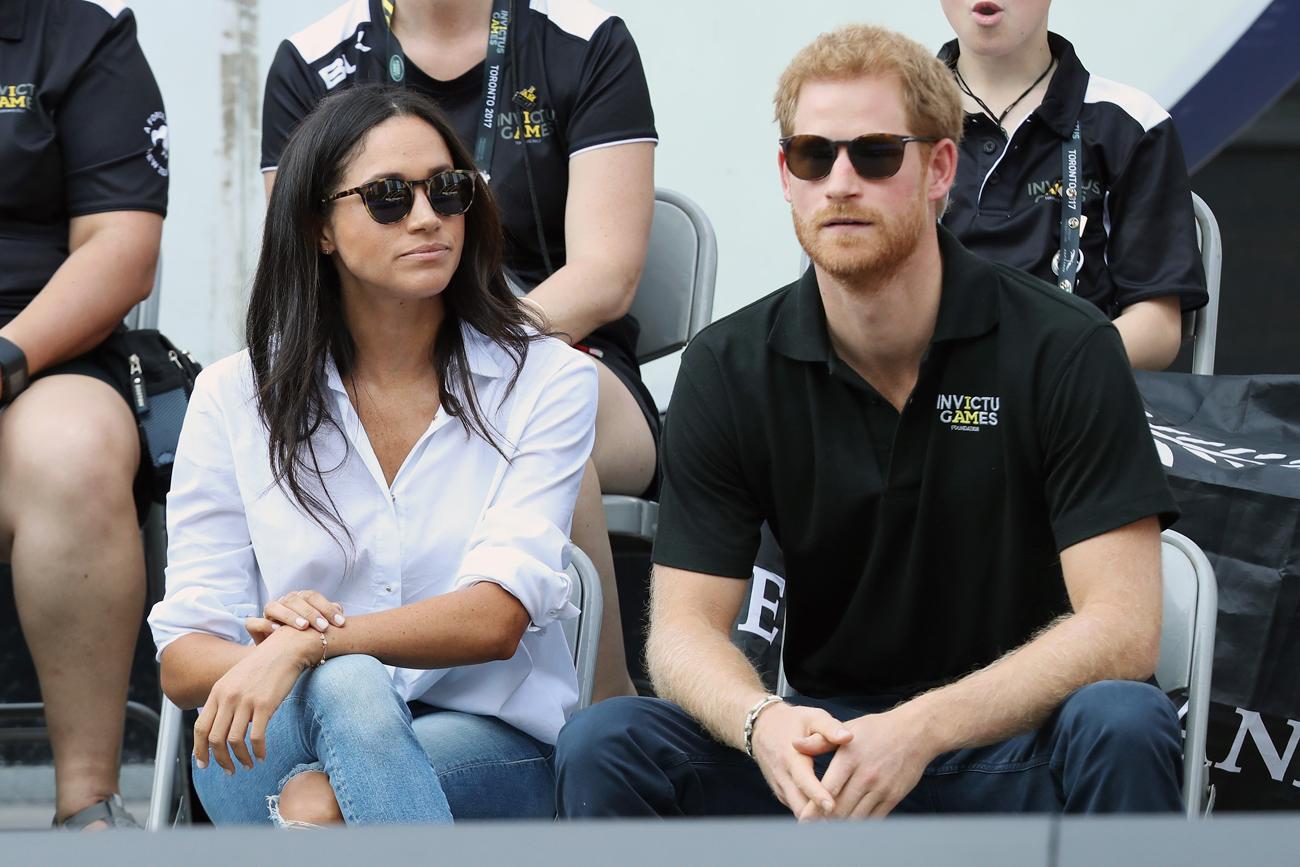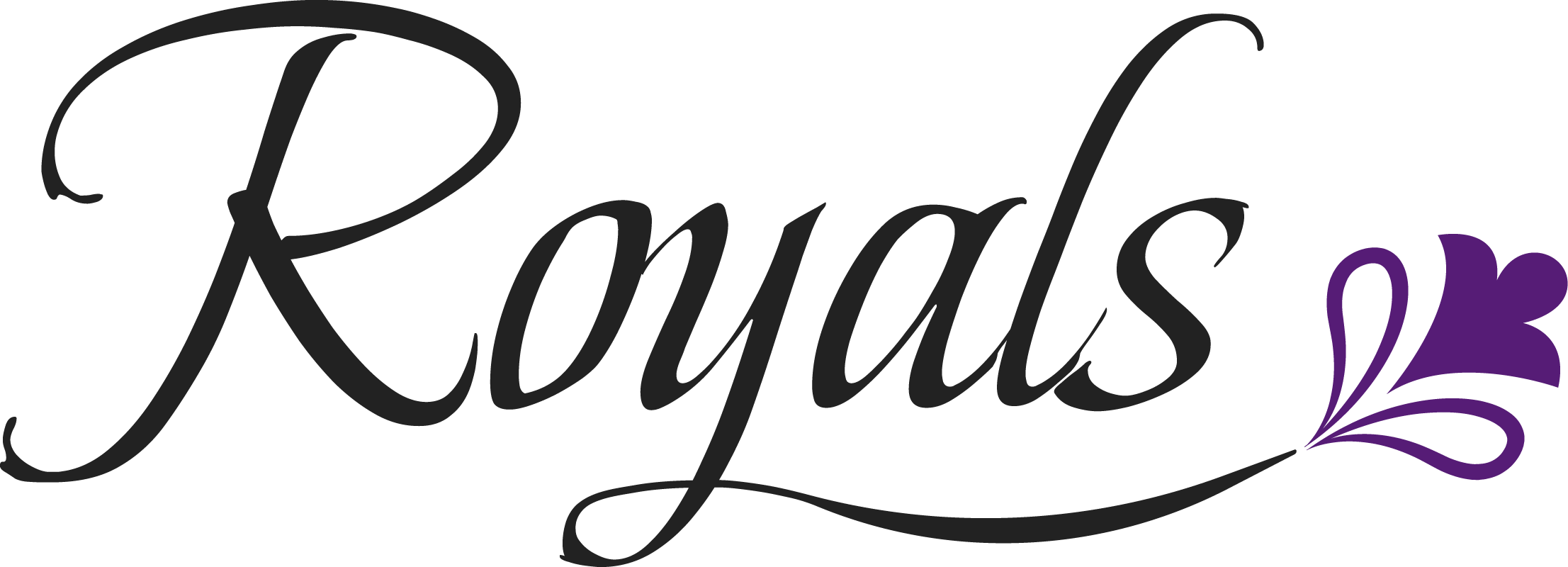Prince Harry and Meghan Markle Could ‘Lose Touch’ With Everyday People, Royal Expert Warns
Prince Harry and Meghan, Duchess of Sussex moved to California in the spring of 2020, and the couple has been trying to find their footing outside of the royal family. However, not everything they do is being received positively by onlookers. Because of this, a royal expert warns the Sussexes to not “lose touch” with average folks.

Prince Harry and Meghan Markle have been accused of wanting a ‘billionaire lifestyle’
Ever since the couple got married, they have been criticized for their extravagant spending. For example, during the first year of her marriage, a royal follower estimated that Meghan spent anywhere from $300,000 to $500,000 on clothes alone.
In 2019, Harry and Meghan also came under fire for spending almost $3 million in taxpayers’ money to renovate their Frogmore Cottage home. After stepping down as senior royals in early 2020, they eventually paid back the money.
Additionally, Harry and Meghan also got criticized for buying a $14.7-million, 9-bedroom home in California during a global pandemic when many people are struggling.
Some royal followers have accused the couple of trying to live a “billionaire lifestyle” even when they don’t have anywhere close to that amount of money.
“[Harry and Meghan] seem to want a billionaire lifestyle,” one person wrote on Reddit. “They don’t have the money. Money is going to be the real sticking point over time. Many a British royal has run into trouble because they want a lifestyle beyond their means.”
Princess Diana’s former aide advises Harry and Meghan to not ‘lose touch’ with everyday people
Recently, Princess Diana’s former secretary, Patrick Jephson, talked about her life after she divorced Prince Charles in the 1990s. Jephson revealed to the Daily Mail that the princess ended up foraying further into the world of the ultra-rich and famous since she could not rely on the royal family anymore.
“Once outside the royal fold, Diana would increasingly rely on billionaires for jets and bodyguards, for photo opportunities and speech platforms. People whose agendas and publicity instincts began and ended with their own interests,” Jephson said.
He also drew comparisons to Harry and his recent Hollywood ventures. According to Jephson, this road could lead Harry to stray from the original objective of being a royal.
“As perhaps her younger son Harry has discovered, you can escape the Palace but finding relevance and respect as just another celebrity is much, much harder,” Jephson said. “So much easier to take the shortcut: keep lawyers and PR wizards on retainer and preach platitudes to the unenlightened masses. Pretty soon, you have crossed the line from setting a good example — all a member of the Royal Family really has to do — to setting yourself up as an expert in public policy without the trouble of winning an election.”
He also added, “It’s surely not what conscientious princes (and dukes and duchesses) intend, but it’s the risk they run when they lose touch with real people’s everyday concerns; when their personal enthusiasms take priority over the much less glamorous traditional royal work of healing and encouraging that needs to be done every day.”
Harry and Meghan’s popularity in the U.K. have gone down in recent months
Perhaps it won’t take long before the public finds Harry and Meghan unappealing as royals. According to an article by Express published in late October, the couple’s popularity ratings in the U.K. have plummeted since their move to California.
Express shared that YouGov conducted a survey of 1,626 British citizens from Oct. 3 to 4. The survey revealed that only 48 percent have a positive view of Harry compared to over 50 percent back in March. Meghan, on the other hand, seems to be even less popular than Harry. Recently, only 33 percent of Brits have a positive view of her compared to 38 percent in March.



